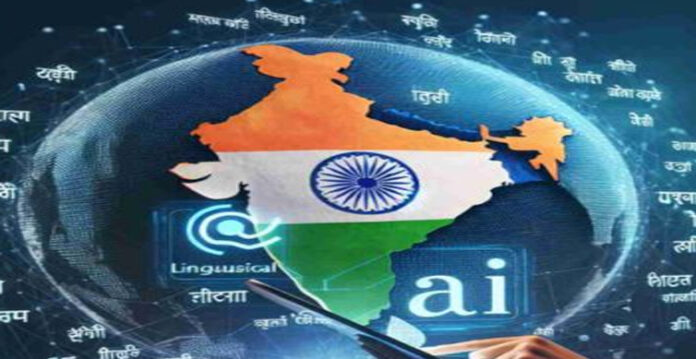India’s rapid adoption of artificial intelligence (AI) marks a new chapter in its digital transformation, positioning the nation at the forefront of global AI use. According to a recent Microsoft study, 65 percent of Indians surveyed have used AI, more than double the global average of 31 percent. This surge in AI engagement reflects both the enthusiasm for technological advancements and the significant opportunities AI presents across various sectors, from education to workplace efficiency.
The findings from the Global Online Safety Survey, which polled 15,000 teens and adults across 15 countries, reveal that India is not only leading the charge in AI adoption but is also particularly excited about its potential applications. The most notable areas include AI-powered translations, assisting with schoolwork, answering questions, and increasing efficiency at work. These developments indicate that AI is increasingly becoming an integral part of everyday life, simplifying tasks and empowering individuals across demographic segments.
The millennial generation (aged 25-44) in India is particularly embracing AI, with 84 percent of them reporting AI usage. This group, being digitally savvy and career-driven, is harnessing the technology to boost productivity, enhance learning, and even streamline work processes. Indian parents are also becoming more attuned to the digital challenges their children face, showing an increased awareness of both the potential and the risks that come with such technologies.
Also Read: Training in Artificial Intelligence for Government Employees to Be Conducted at IT Tower
However, while India’s embrace of AI is commendable, it does not come without its reservations. The report highlights that a significant proportion of respondents in India, just like their counterparts worldwide, have concerns about the darker side of AI. These fears include the risk of online abuse, deepfakes, scams, and the phenomenon of AI hallucinations—where AI generates inaccurate or misleading content. The rise of online abuse, particularly in the context of AI, is a growing concern, with over 80 percent of respondents in India expressing worry about AI’s potential impact on children under the age of 18. These concerns reflect broader global anxieties about the ethical implications of AI and its ability to be misused.
The fact that over 80 percent of Indian teens have reported experiencing online risks underscores the urgency of addressing these challenges. While AI’s transformative potential is clear, it is equally important to ensure that its rapid adoption is accompanied by robust safeguards to protect vulnerable users, especially minors, from exploitation and harm. The digital space is increasingly populated by complex AI-driven technologies, making it essential for India to not only champion AI innovation but also implement effective measures to ensure safe, responsible, and ethical usage.
India’s AI journey is at a critical juncture. While the country is certainly reaping the benefits of this technological wave, it must also prioritize digital literacy, public awareness, and regulatory measures to manage the inherent risks. The government, industry leaders, and educators must work together to create an ecosystem where AI is harnessed for good—maximizing its potential to empower individuals and enhance society, while minimizing its misuse and the risks it poses to online safety.
In conclusion, India’s position as a leader in AI adoption is undeniable, but it is crucial for the nation to remain vigilant about the potential dangers associated with these technological advancements. By balancing innovation with caution, India can pave the way for an AI-driven future that benefits all, without compromising safety, privacy, and ethical standards.
(This story is sourced from a third-party syndicated feed. Raavi Media takes no responsibility or liability of any nature. Raavi Media management/ythisnews.com can alter or delete the content without notice for any reason.)


